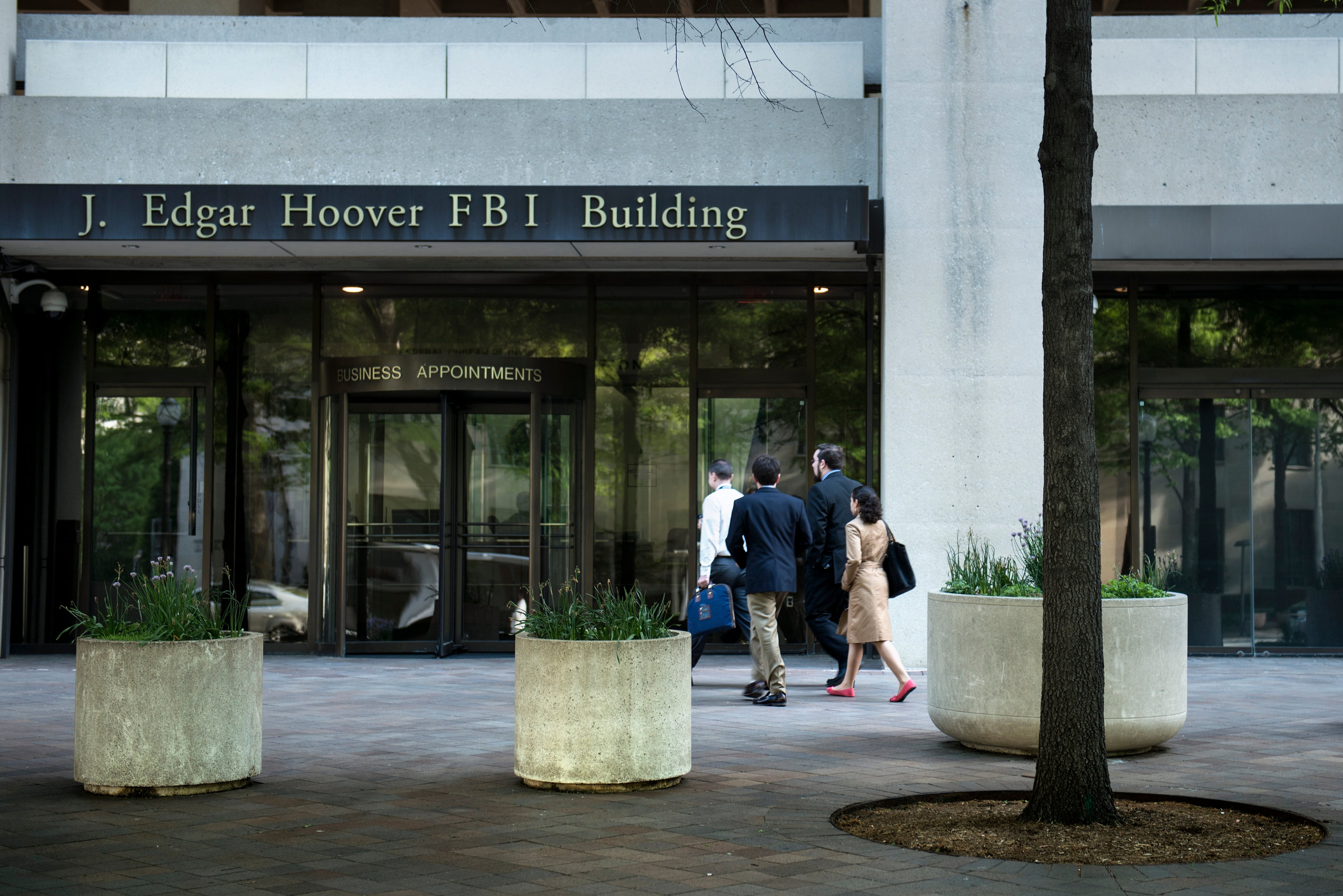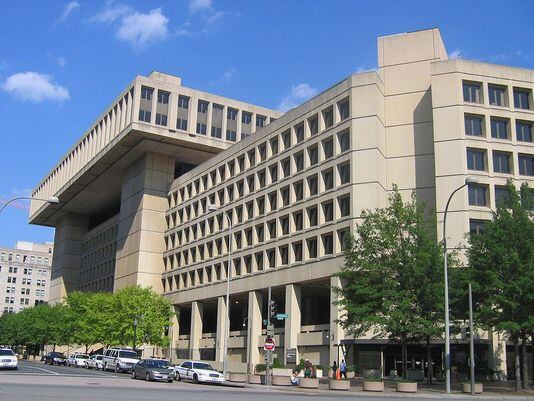Recently, press reports revealed the cancellation of the FBI’s headquarters relocation plan. The unauthorized release to the press took Congress by surprise — they had yet to be informed of the cancellation and were concerned.
As a result, the Senate Committee on Environment and Public Works called a hearing Wednesday entitled, “FBI Headquarters Consolidation Project – What Happened and What’s Next,” calling three individuals from organizations overseeing the project to report on the events and considerations leading up to the project’s cancellation.
RELATED

The FBI’s headquarters — the Hoover Building — was previously evaluated and determined to be unfit for the bureau’s needs. Since then, the FBI in collusion with the General Services Administration decided that the best option for the government was to undergo an exchange, swapping the Hoover building with another property. However, the two federal properties involved in the proposal were valued by two different firms to be substantially less than the GSA’s appraisal, which eventually led to July 2017, when the project was canceled.
GSA acting Commissioner Michael Gelber began the testimony Wednesday. Gelber explained that GSA was ready to select a developer and make an award if the full funding of $1.4 billion had been provided. However, despite continual and regular communication for the needed funds, the fiscal 2017 omnibus only gave GSA $200 million and the FBI $323 million. With nothing included in the FY18 budget, there was a $882 million deficit that couldn’t be accounted for.
RELATED

After deliberation, Gelber explained, it was decided that moving forward without full funding would risk price increases. In addition, FBI Assistant Director and Chief Financial Officer Richard Haley explained that, without full funding through appropriations, the FBI did not wish to risk partial movement forward that would inevitably leave the bureau at risk.
The project is “very close to square one,” Gelber said during the hearing. GSA must reevaluate the initial procurement and determine how to best move forward — and with limited funds. All options are going to be reconsidered, including close considerations of costs, security and risks that are associated with each option.
Rachael Kalinyak is an editorial intern with Network Solutions.
In Other News




